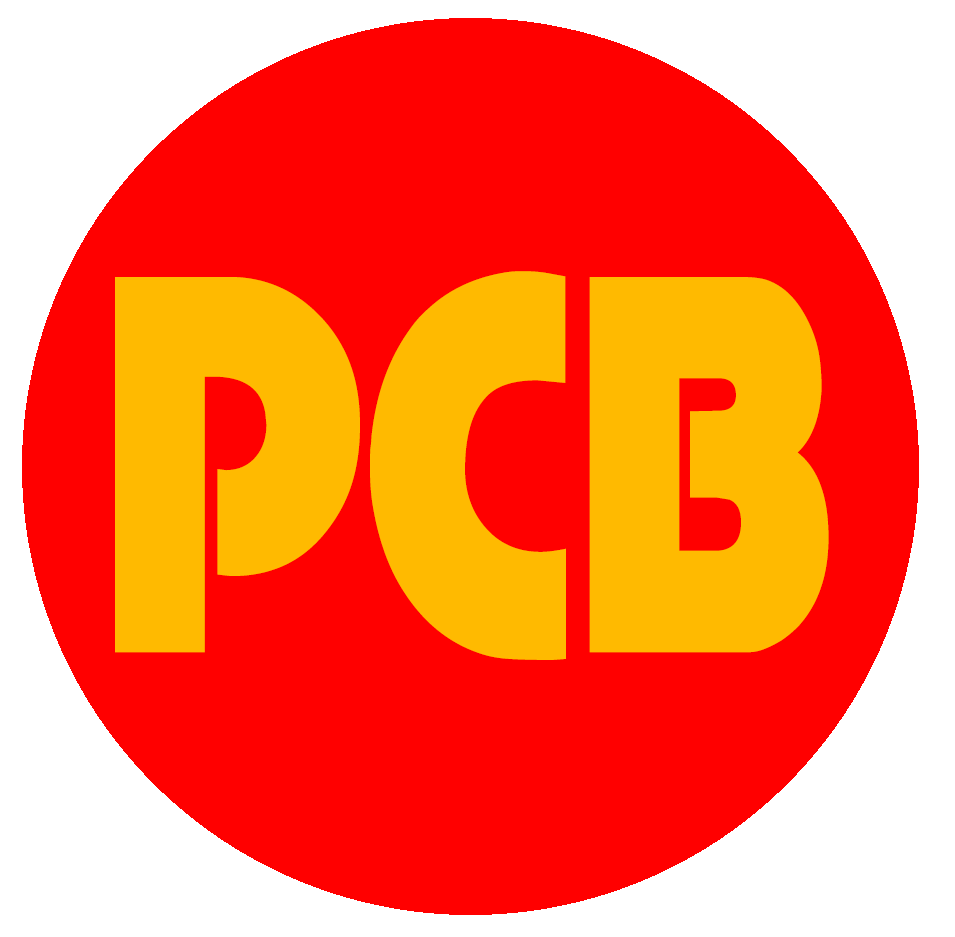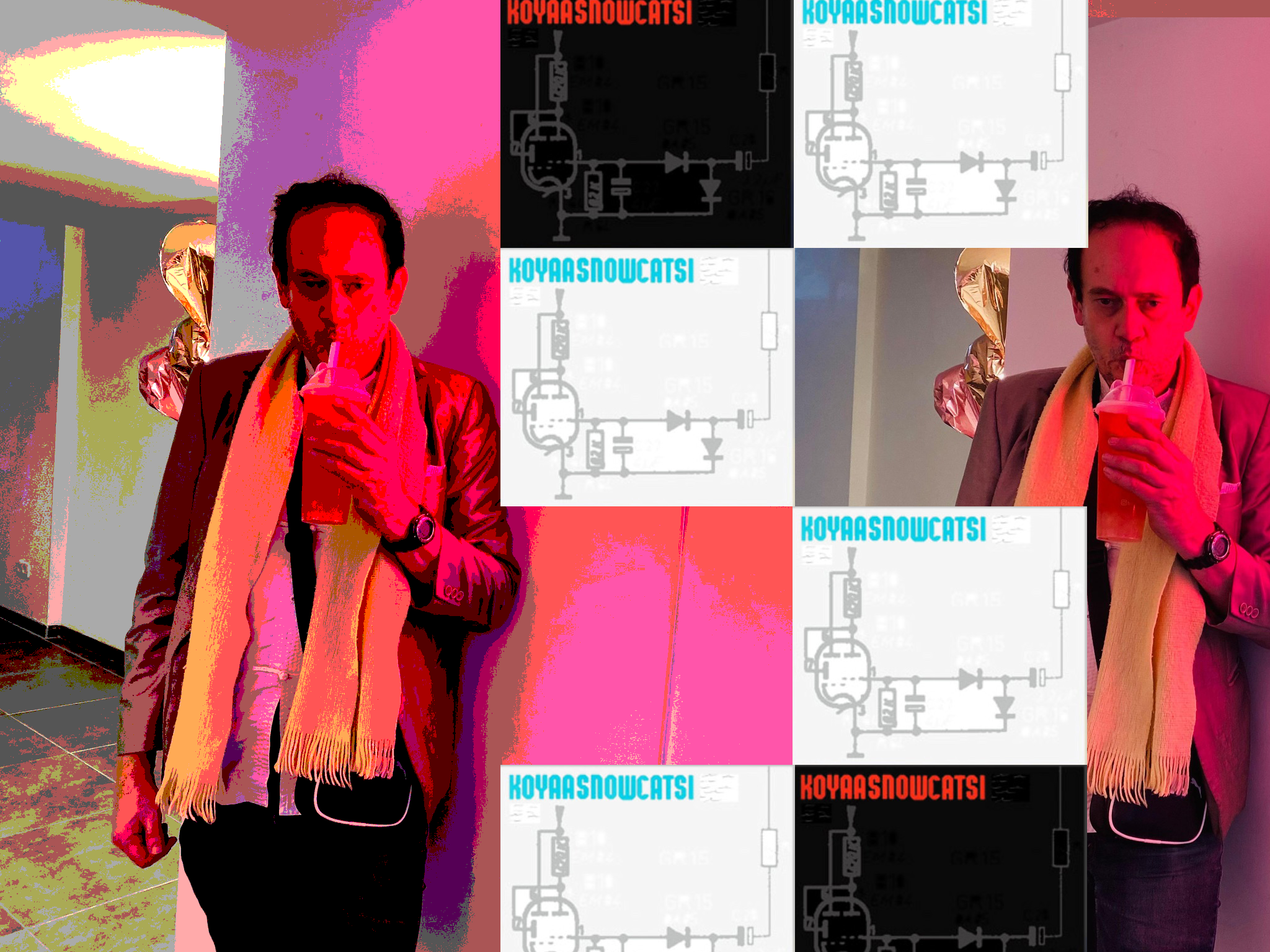By Keith Walsh
Having just released a rare bootleg from 2012, Belgium’s Gilles Snowcat is talking about the composer that inspired it. His Koyaasnowcatsi is non-ironic take on the complete soundtrack’s 2009 release, with the advantage of Snowcat’s performance skills often taking the place of Glass’ sequencers, as well adding the tenderness of his intentions. The new take on Koyaanisqatsi — the eponymous soundtrack by Philip Glass for the 1983 experimental film by Godfrey Reggio and Ron Fricke — has an underlying European warmth. I asked Snowcat about the circumstances of this uniquely spiritual set of songs. (My review of Koyaasnowcatsi is at synthbeat.com )
Popular Culture Beat: Glass’ use of arpeggios and repetition could be seen as somewhat lazy or trite. How do you respond to this?
Gilles Snowcat: Glass’ music is based on repetition and arpeggios and that’s precisely what creates the trance-like state that most fans are looking for when listening to it. On a personal point of view, as long as I get the state I want, it doesn’t matter much if the music has been created out of laziness or out of pure genius: I’m happy, and the composer’s intentions don’t matter to me. For those who have doubts about Philip Glass’ abilities to write fantastic music, I strongly recommend them to immerse into “Music With Changing Parts” (the 1973 release) and his opera “Akhnaten” (released in 1987 by CBS). These are two completely different records, one being a purely hypnotic experience, the second being a truly emotional trip. These are two records that make you feel different, really different. And if you loved it, you’re ready for the 3 hours and half of “Music In Twelve Parts”. For those who want something more concise, there’s also a more ‘songs’-oriented album, “Songs From Liquid Days” (1986), that’s exquisite beauty translated into music.
Popular Culture Beat: Glass’s music is very unique. What challenges did you find interpreting it and how did you approach them?
Gilles Snowcat: Recording some Glass’ music goes with the flow for me, it’s very natural. The only challenge is the one I set up for myself, which was using as much real time recording as possible. It’s easy to get carried away with loops on sequencer but I wanted to play as much as possible, even the parts that I could have copied and pasted on the sequencer. Of course, there’s a lot of sequenced parts but most of them have been played. There’s only a very little copy / paste here. Playing real time contributed to being somehow hypnotized while performing. Very powerful stuff, to listen and to play.
Popular Culture Beat: Why no remix or remaster?
Gilles Snowcat: I always destroy the tracks of a song once I decide the mix is good. And I think the sound quality is OK enough, there’s no real need to remaster the album. It was a bootleg, it’s still one, except it’s official now.
Popular Culture Beat: What’s your memory of first encountering Philip Glass music and your reaction?
Gilles Snowcat: It was long ago, during high school days. The movie Koyaanisqatsi was in the theaters and I was told it was a documentary, and after a few minutes I realized it wasn’t, and I quickly got into a kind of trance and got hooked. I understood that there was more to music than music, if I can put it this way. It was some kind of strange experience, something transforming.
Popular Culture Beat: Send me something about the instruments used. As much as possible about the DAW. Are these analog, FM synths, what?
Gilles Snowcat: I recorded it in a kind of rush, right after I had finished my parts on the Mokomoko Collection album, and I don’t even remember how I came to choose the various sounds for this record. I clearly hear my old Crumar here and there, the organ is still the one I had brought from Japan, but I forgot most of the other instruments. As for the DAW, it might have been Cubase or Reaper or Acid, anything I used at the time. Mind you, I don’t even remember what kind of booze I used to keep me in the flow!
Popular Culture Beat: Will there be a Bandcamp release? Is it on iTunes and Amazon?
Gilles Snowcat: I don’t plan any Bandcamp release, it’s only available on some streaming sites like Spotify, iTunes, etc… Try this link to have a more complete list: https://songwhip.com/gillessnowcat/koyaasnowcatsi
Gilles Snowcat: P.S. For your information, I already had recorded two Philip Glass songs of Awaken’s Party In Lyceum’s Toilets: another version of the “Koyaanisqatsi Opening,” and a short take on “Open The Kingdom” (originally from Songs From Liquid Days).
Gilles Snowcat dot com
Gilles Snowcat ‘Koyaasnowcatsi’ at Spotify
Gilles Snowcat on Bandcamp
Gilles Snowcat Videos At Bing.com
Gilles’ Snowcat’s ‘Rock Star Paradox’
‘Koyaasnowcatsi’ Review At Synthbeat.com
Philip Glass dot com
finis

